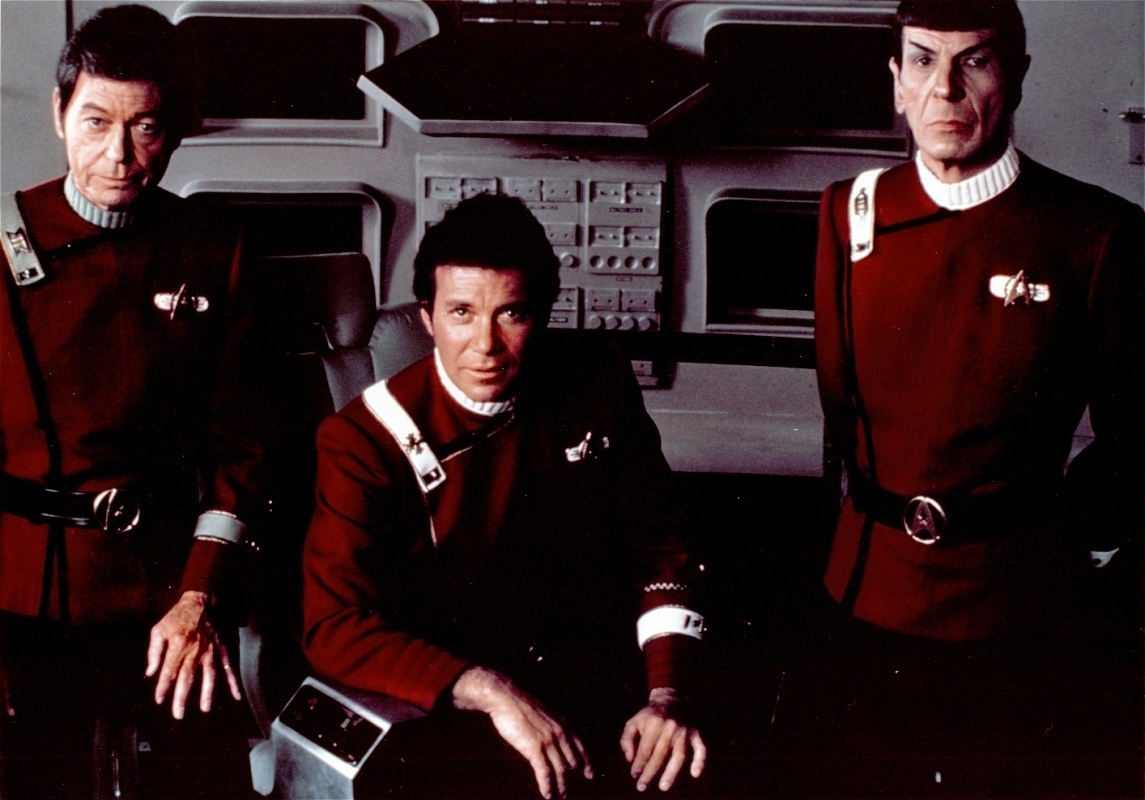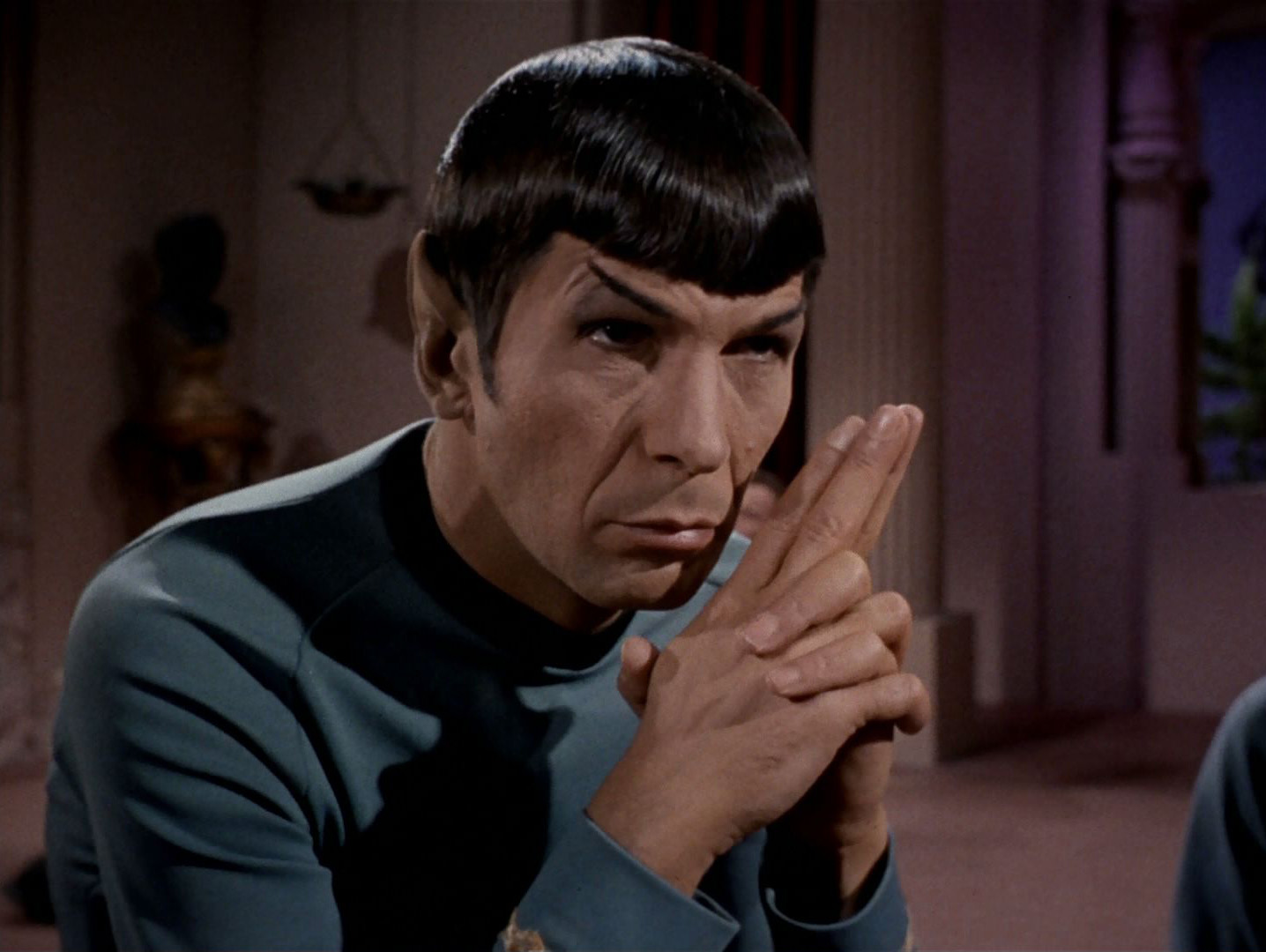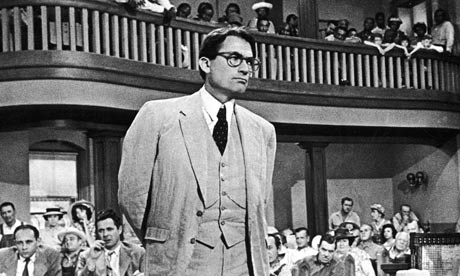Warning: This post spoils all kinds of things, including: Star Trek II: The Wrath of Khan, Captain America: The First Avenger, The Lord of the Rings trilogy, World War II, and American history. Just thought I'd warn you.

From Odysseus to James Fenimore
Cooper’s Hawkeye, from Gilgamesh to the Scarlet Pimpernel, literature from
centuries past abounds with noble characters. These fictional people served as
examples for the public to attain to. However, the modern deconstructionist
mindset, and attraction to villains and antiheroes seem to have shoveled out a
grave for the heroes of old. In fact, some may question whether the concept of
a hero is still relevant in today’s world. Has humanity outgrown the need for
heroes? The historical figures we hold up as honorable, the stories we regard
as classic, and even some of the protagonists of pop culture suggest otherwise.
Society will never lose its longing for individuals who can be objectively
referred to as heroes. What is a hero, though? Who can fill the role that
humanity so desperately clings to? A hero is an individual who personally
sacrifices for a goal greater than him or herself in the face of adversity.
Every day, every person faces some
circumstance that can be considered adverse. Taking the form of everything from
physical disability to political strife, trouble is inevitable in this world.
This is evident in our concept of story. A story lacking conflict cannot be
considered a story at all. A character with nothing to struggle against will
neither catch an audience’s attention, much less earn their respect. Popular culture
is rife with examples of characters who face up against hardships. Frodo Baggins
from J.R.R Tolkien’s Lord of the Rings
trilogy was forced to fight the increasingly dark and suffocating force of the
evil ring of power that he worked to destroy. Because of the way he endured
this awful trial, he is a prime example of a literary hero. History, also
contains numerous demonstrations of the struggles of humanity and the
individuals that triumphed through them. British Prime Minister Winston
Churchill led his nation during World War II. At that time, British stood
against Nazi leader Adolf Hitler, who was determined to conquer the small
island nation. In the face of such evil, it would have been easy for Churchill
to give up his difficult position, and leave the fate of the country in someone
else’s hands. Instead, he chose the path of responsibility and conflict. The
generations that have followed are greatly indebted to him for doing so. The
struggles of life aren’t relegated to history and fiction. Perhaps you, like
me, have met a young woman who had to stand against the adversity of a
boyfriend who pressured her to act immorally, and withstood his disdain and
rejection to keep her purity intact. Without
some issue to grapple with, an individual is not a hero, but merely a person
who does something good.
Sacrifice comes as a result of the trials
that a hero faces. To take a stand against whatever problem he or she faces, a
hero must lose something, whether it be comfort, relationships, or even life
itself. Consider the Marvel Comics super soldier, Captain America, otherwise
known as Steve Rogers. In his recent silver screen adventure, Captain America: The First Avenger,
Steve Rogers was trapped by a villain in an airship loaded with nuclear
weapons, and on a collision course with New York. At the end of the movie,
Captain Rogers, choses to pilot the craft into a glacier, rather than let
innocent civilians perish. Though he may have survived himself if the vessel
had continued on its set course, Captain America chose the lives of others over
his own life. This decision moves the appeal of the character Captain America
beyond merely his physical powers. The history of the United States includes
the tragic story of the assassination of Martin Luther King Jr., who frequently
placed himself in mortal danger to further his message of non-violence and
non-discrimination. He could have left the issue of civil rights alone, and
lived an average life. He could have chosen safe venues, where no one disagreed
with him, at which to speak. He saw, however, that timidity would affect no
change on society, and deliberately put himself in situations where his life
was threatened. Eventually, this decision led to his death. Death, though it is the ultimate sacrifice,
is not the only sacrifice. I am acquainted with a woman who donated one of her
kidneys in order to save another woman’s life. Though she recovered from the encounter,
her act of selflessness definitely qualifies as an act of heroism.
A hero’s goal in the struggle and
sacrifice they endure is not simply to be remembered for struggling and
sacrificing. A sacrifice means very little if it is not for a purpose. Heroes
give of themselves to further a greater cause. In the movie Star Trek II: The
Wrath of Khan, Mr. Spock exposes himself to lethal radiation to save his crew
from the destructive intentions of a vengeful mad man. Because of his belief
that his needs were overshadowed by the needs of his friends, his death was not
meaningless, but incredibly purposeful. His noble act saved the lives of those
he cared about most in the galaxy, and earned him the right to be called the
hero of the story. America’s first
president, George Washington, led a ragtag band of rebels against the greatest world
power of the time in order to establish a nation based on principles rather
than power and tradition. The war he engaged him cost him dearly, and the work
of founding a nation was far from easy. His goal of independence and a better
form of government justified all these tribulations to him. The prosperous
nation that America is today looks back to Washington as one of its foremost
heroes. A goal doesn’t need to be so lofty, however, to be a noble cause. I
would even consider one of my high school teachers, who made a four hour trek
across Oregon every other day to continue teaching his students, to possess
heroic qualities.
Today, many
skeptics doubt the existence and importance of heroes. It is important, then,
to determine what characteristics are vital to our species so as to distinguish
those who possess them. Three elements identify the people who ought to be
respected as heroes. They struggle against some sort of adversity and give up
something in the process, all with some greater purpose driving them onward. By
this can we determine whether a popular figure, or a person we know deserves
the distinction we give them. That is how we know what a hero is. It explains why
the stories mentioned above warm our hearts, and call us to emulate them. Humanity
still needs heroes. As long as there is trouble in this world, we will desire
to find someone who can make the ultimate sacrifice to save us all.
Keep on glowing in the dark,
Elora











